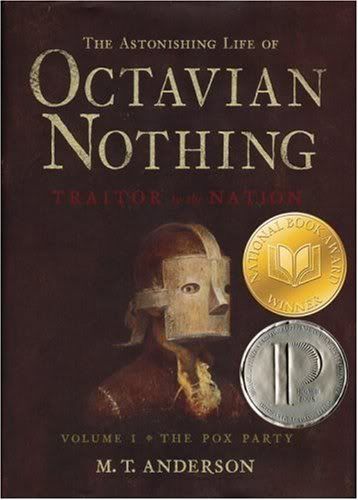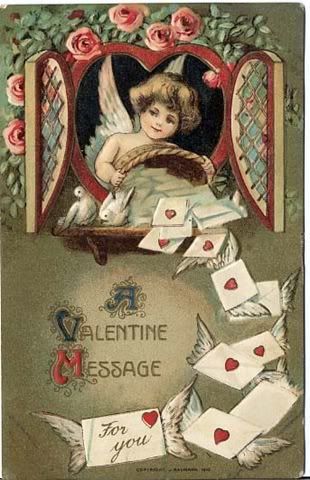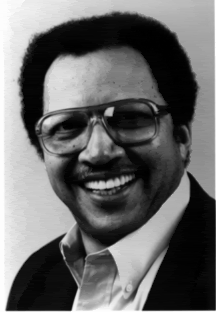
It's entirely possible/nearly expected that you WILL throw your copy of M.T. Anderson's The Astonishing Life of Octavian Nothing, Traitor to the Nation: Volume 1: The Pox Party at a wall. Or into incoming traffic. Or a preheating oven.
The bizarre language. The full-on creepiness factor. Characters assigned numbers instead of names. What in Teh Wurldz is GOING on?! Arrrghsoirsuoeijfdv!
But, look, stick with it. You've already gotten over the fact that there's the term 'Pox Party' in the title.
Click 'Read More' to continue reading this post...
Sure, Octavian has issues. He lives with a bunch of weird guys who keep hitting on his mom. He gets dolled up in silks and wigs, but is living under some serious restrictions. He's taught to observe. Shut up. Stay passive.
He's not alone. It's the years leading up to the American Revolutionary War, as a growing group of colonists are itching to overthrow British Rule. Hushed whispers of rebellion collide against the silence of Loyalists. But more on that in a bit.
It doesn't take long to see that something's amiss. Hidden behind Latin lessons and philosophic discussion lies cruel motivation. Octavian stumbles upon haunting documents in forbidden rooms. He comes to slowly realize his true self: a slave.
But this isn't just a cautionary tale about one's capacity for evil. It's not simply a tale of a slave seeking freedom. Or a young man finding himself. Or some historical epic praising heroes that rise from nothing.
Octavian has to work. He has to go through a massive amount of trauma before breaking free (no, that's not a spoiler). He comes across defiance in shackles. Insecurity in uniform. He loses everything. Yet, we have to seriously wonder what was authentic to begin with? His cherished ability to be objective wears thin around page 235. He begins to deconstruct himself in order to piece together a stronger version.
But this is only volume one, right? Well, he's certainly not able to cast away all demons.
It can be difficult to find footing in this story. Difficult to wrap our head/heart around the idea that a segment of America could so eagerly fight for freedom while simultaneously denying it of others. Thus, Anderson cites historical influences in the afterword, including the life of Francis Williams and the structure of the Royal Society of London, that help form a better sense of things.
Got quite a bit of time and love lectures? Try this.
Less time? Go here.
If you don't make it through on the first go, that's fine, but try to come back to it. At times, we forget about the historical ghosts in our midst. The complex legacies. Other times, we throw all these little pieces of history into the pot. Let it become more digestible. Yet, in the process, it loses its raw texture. Its biting simplicity. We need to face these stories, even if they seem too harsh or absurd. We have to rally with Octavian to remind him of his, well, somethingness.
Excerpt here.
Teen Reads review here.














